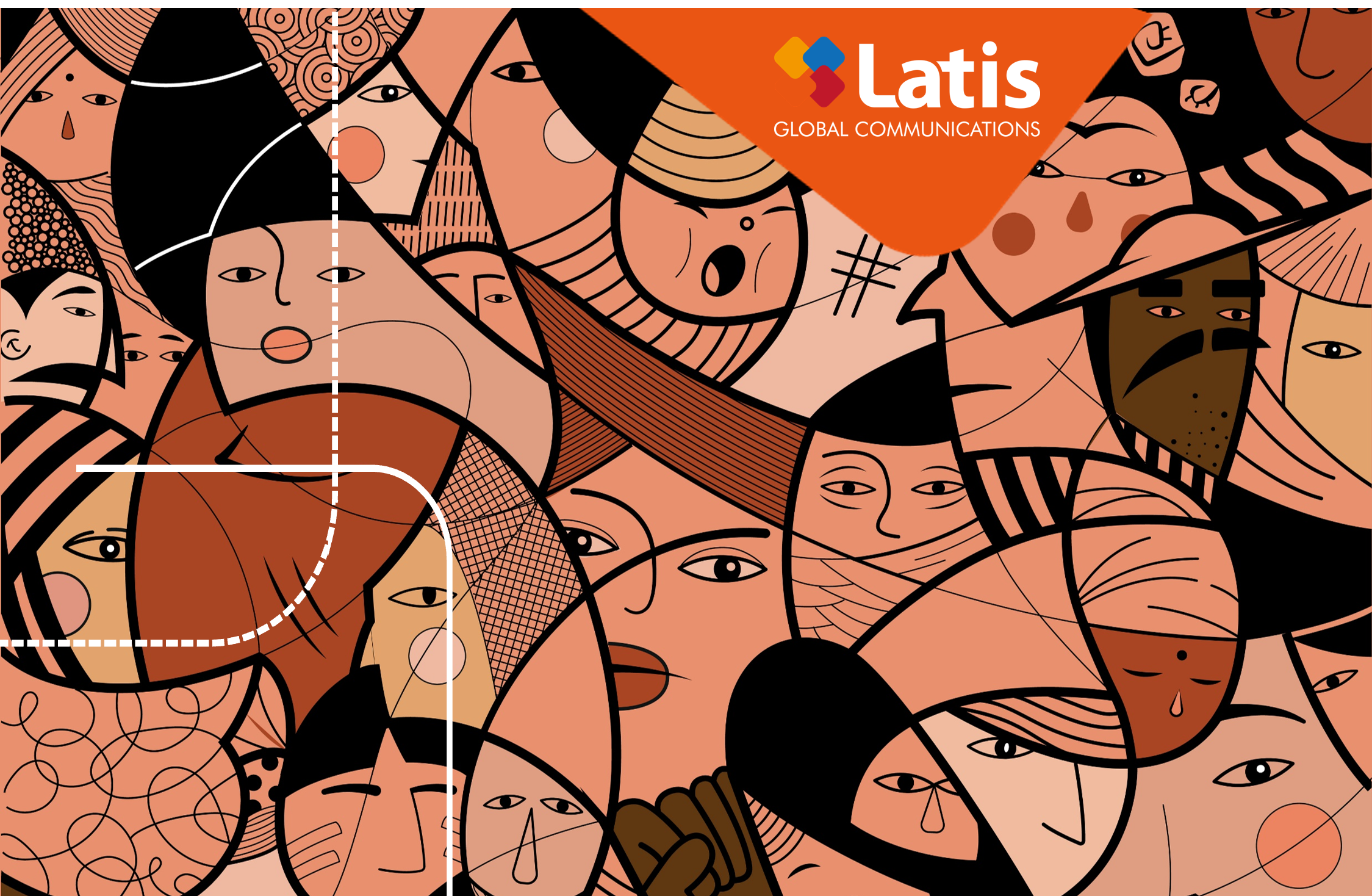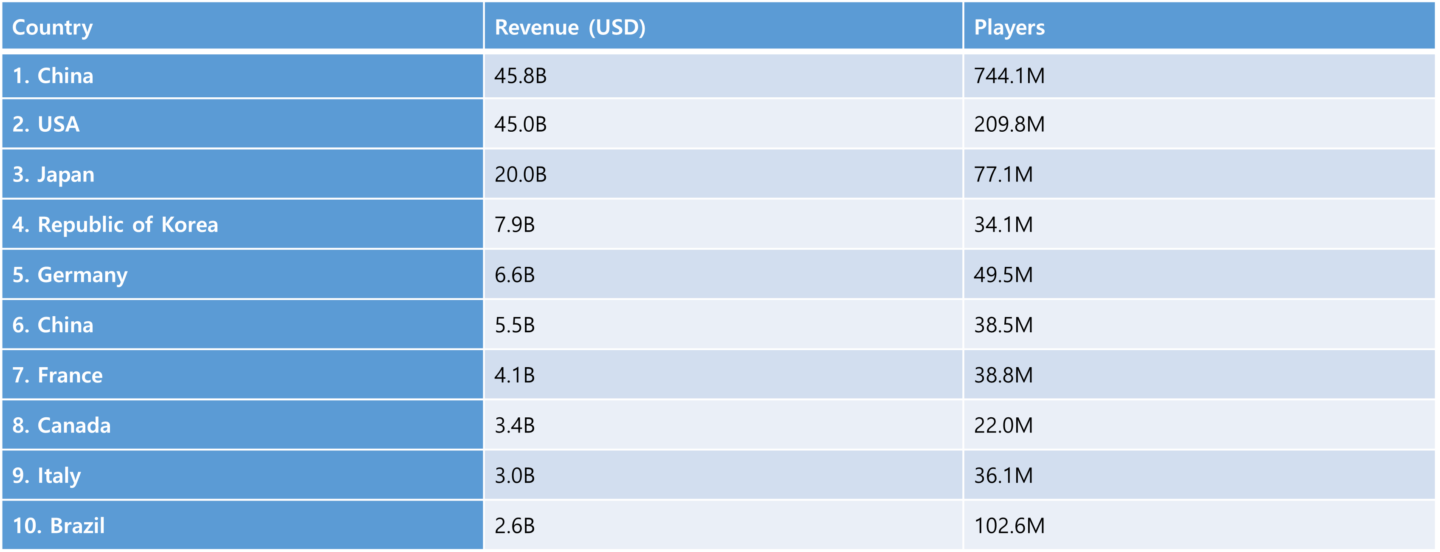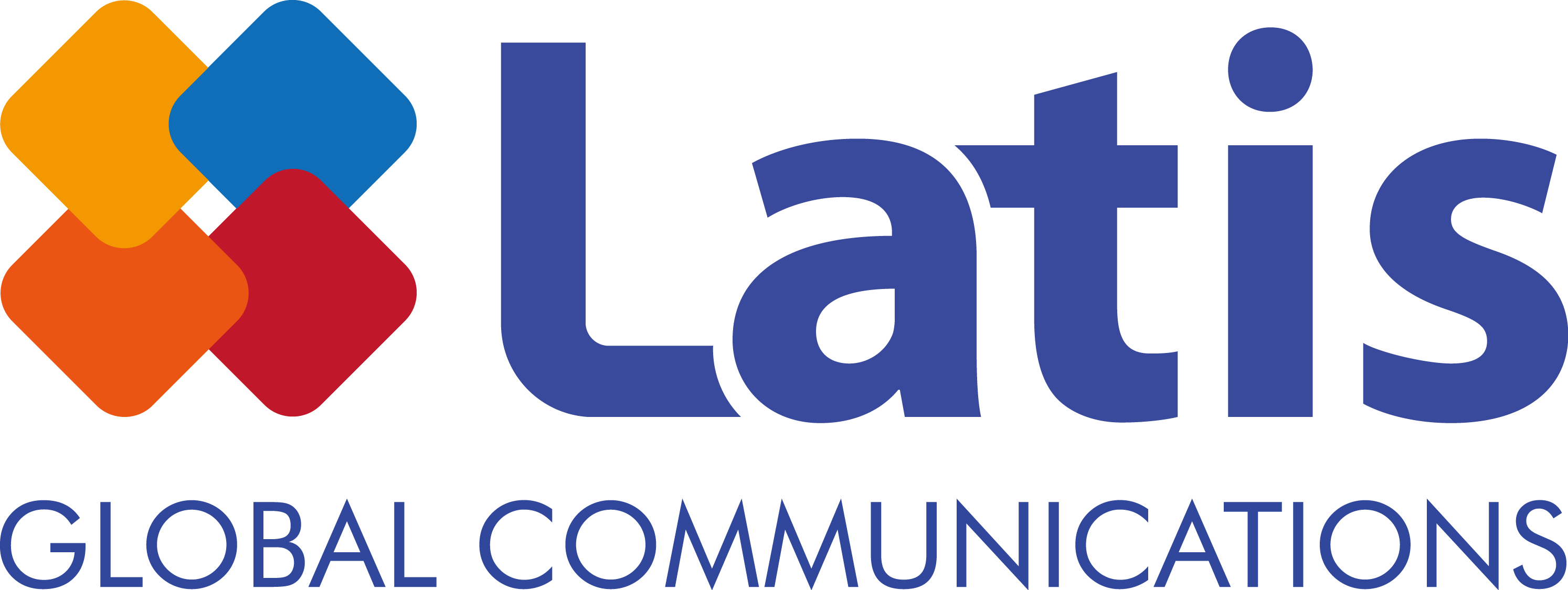
What are the most commonly chosen languages for game translations when expanding games into overseas markets? How are languages selected to align with specific requirements and budget limitations?
As a game developer or marketer, it might be challenging to determine which overseas market to enter and which languages are the most popular. However, selecting the right languages during the game translation process is just the beginning of a journey that can take the game to the next level. Having adequate knowledge of the potential markets and languages that could gain significant popularity in the future is crucial when selecting languages and getting the game translated into those languages.
How do reliable, professional game translation agencies foresee the trend of game translation? At Latis Global, we will look into languages that are capturing the gaming market’s attention, excluding languages such as English, Chinese, and Japanese, which are the most common.

Top 10 Global Game Markets
When choosing game translation languages, the most fundamental step would be to prioritize markets with the highest purchase potential. The data presented below is sourced from the Newzoo Global Games Market Report 2022.

For specific markets, please check out the other blog posts. Now let us take a look at the popular languages.

EFIGS
EFIGS stands for English, French, Italian, German, and Spanish. These are the fundamental languages for localizing games to enter most European markets. Considering how widely used these languages are, they also serve as the foundational languages when entering the global market.
Since English is the most fundamental language, we will take a look at French first.
[F] French
The French language not only opens doors to France but also provides access to various countries such as Belgium, Switzerland, and Canada. Additionally, French is an official language for several international organizations, including the United Nations and the World Trade Organization.
Spoken by 79.9 million people across 29 countries, French remains a highly popular language in the global gaming market. Approximately 194.2 million people are estimated to use French as their second language, and this figure is expected to grow to 750 million by 2050, surpassing both English and Chinese. An estimated 120 million internet users are believed to use French online.
However, due to the highly competitive nature of game companies in France, it may be essential to conduct a separate analysis, independent of language considerations, specifically for the French market.

[I] Italian
Italian is spoken in Italy, Switzerland, and San Marino. Although it previously ranked high in the global gaming market, its popularity has significantly decreased due to economic circumstances. Nevertheless, it still remains one of the top 10 countries in the global gaming market, and Italian gamers still prefer playing high-quality localized games.
Translating games into Italian is not that simple. Like several other European languages, it uses a greater number of words compared to English. This means that the translated text may become way longer than expected, making it harder to align it with user interfaces and design elements.
[G] German
Following English, German is the second most commonly used language for game translation among European languages. It can reach a broad range of gamers living in Germany, Austria, Switzerland, Luxembourg, and Liechtenstein.
German is spoken by 230 million users worldwide and 130 million native speakers. Additionally, it is the fourth most commonly used language online. While it may seem relatively fewer in numbers compared to other languages, it is also the language used by economically significant European countries.
According to a survey conducted in 2021 by the German Games Industry Association, 76% of German gamers made in-game purchases within the past 12 months, and approximately 4 out of 10 (38%) of German gamers prefer mobile gaming.

[S] Spanish
Spanish is the official language of many countries, including Argentina, Mexico, and Spain. Additionally, Spanish-speaking users account for nearly 20% of the United States population. That means that if games are translated into Spanish, you can target one of the most significant gaming markets.
Furthermore, Latin America (Central and South America) is a region comprised of 20 countries. With a population of 650 million, Spanish is spoken in almost every country except the 278 million people living in Brazil. If one aims to expand into the Latin American market, one needs to consider translating into Spanish, more specifically Latin American Spanish.

The Value of Game Translation
Although game translation is a challenge, it holds significant value. Entering new overseas markets allows access to more potential customers. Further, if local gamers feel that these games are tailored for them, it could increase user participation. Additionally, game localization provides a way to gain a strategic advantage in the market. Most players prefer playing games in their native languages. With increased visibility in app stores, app rankings and download rates can also be increased.
If you have any further questions regarding game translation, please contact us at contact@latisglobal.com. We will elevate your games.

